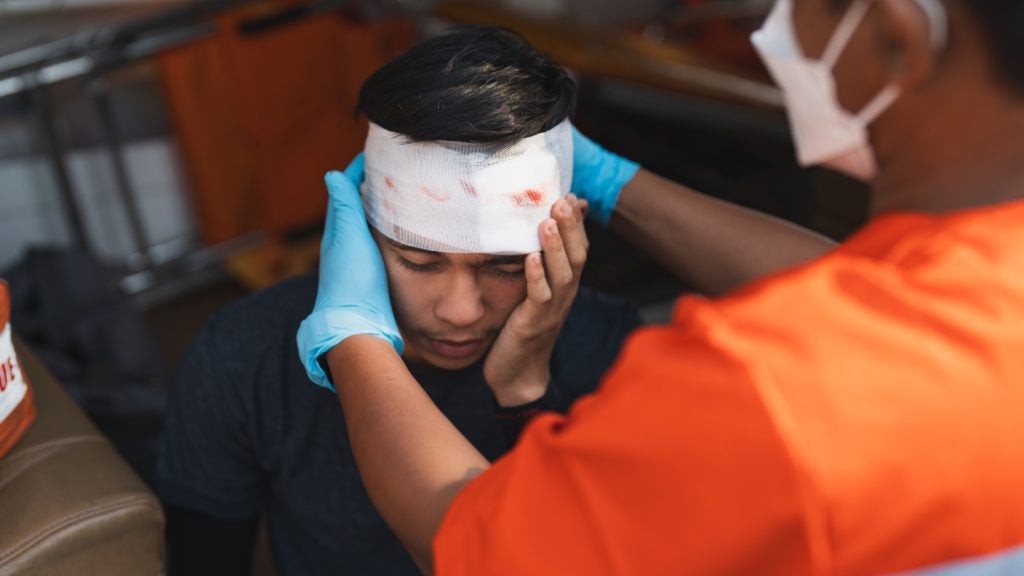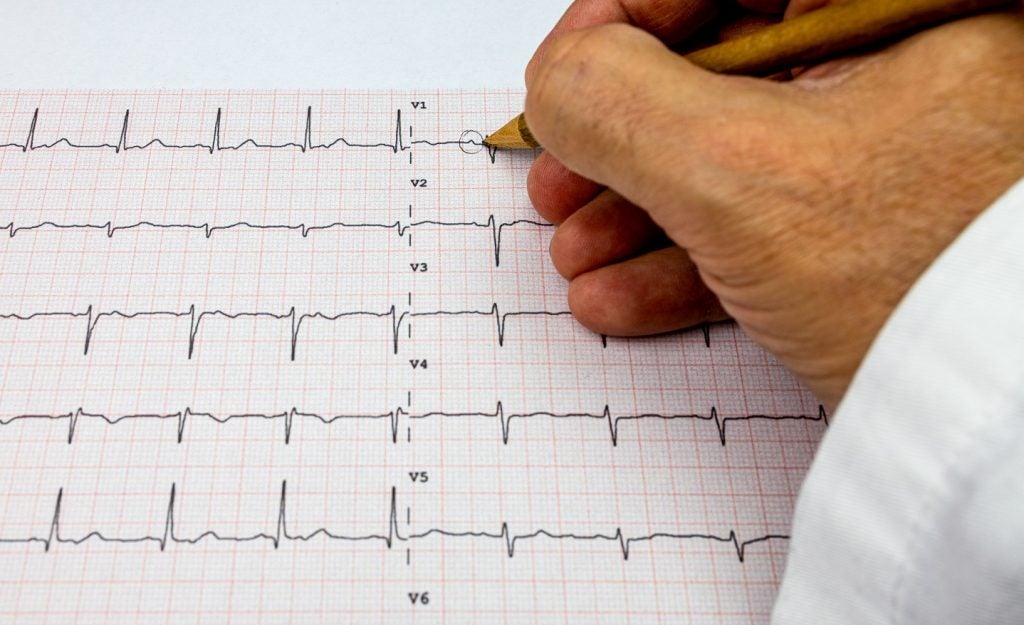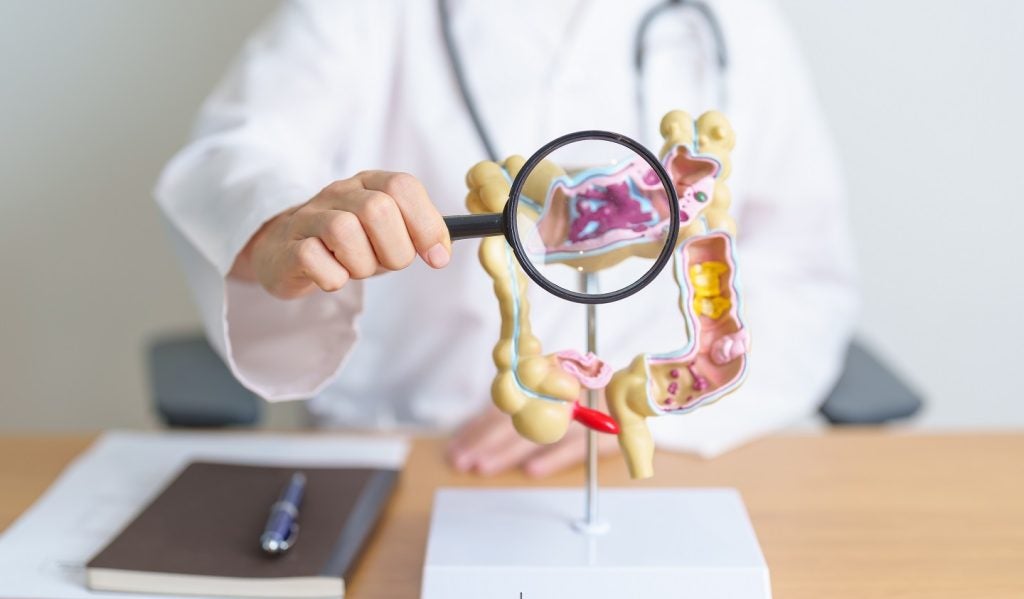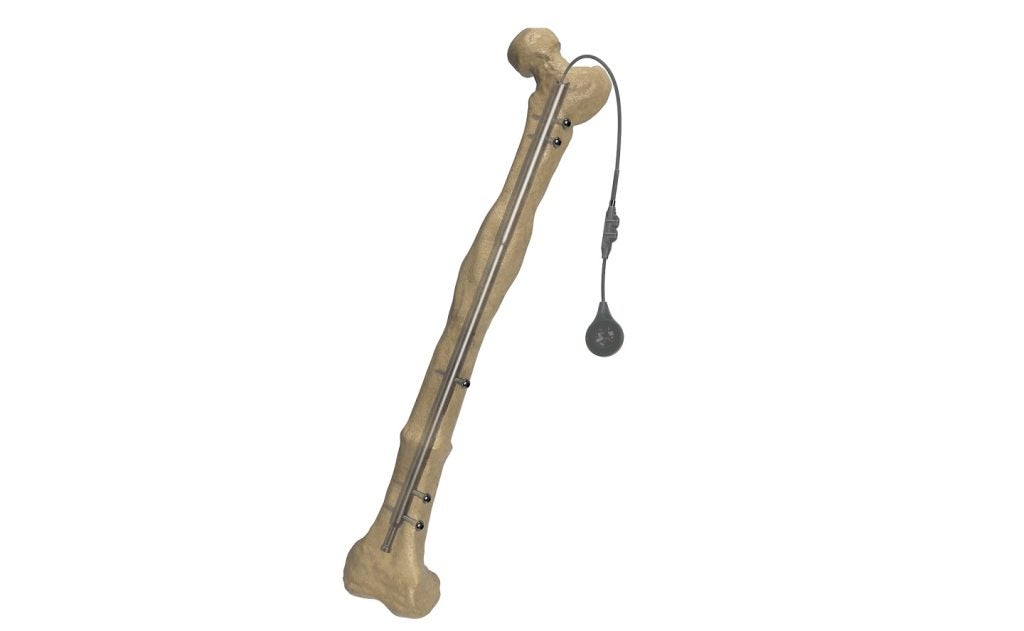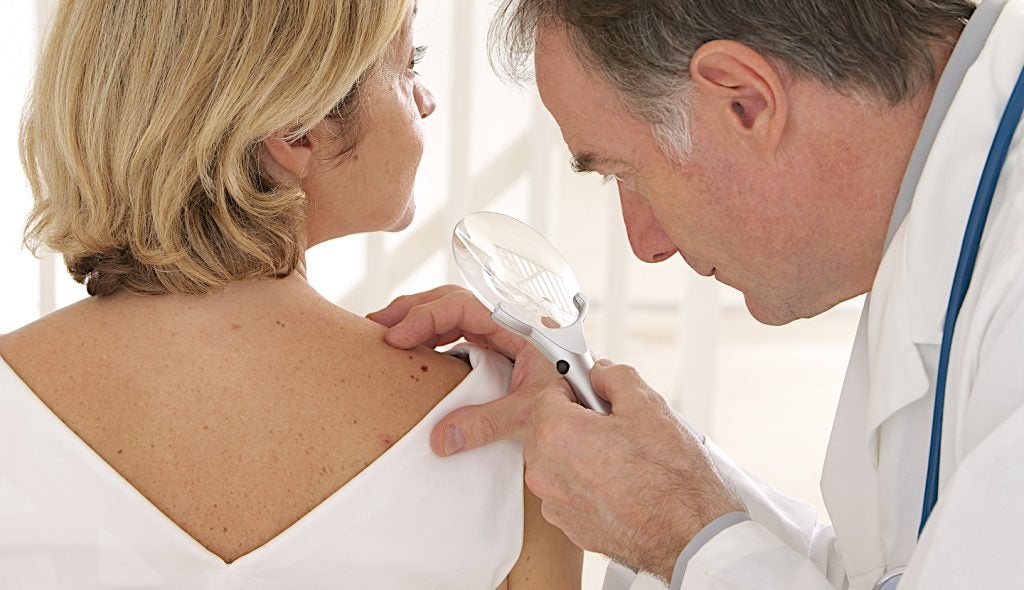Cresilon has completed the first phase of a preclinical study alongside the US Department of Defense (DOD) examining the company’s haemostatic hydrogel, which is designed to stem bleeding and reduce damage in the immediate treatment of traumatic brain injury.
The partnership between the New York-based company and the Walter Reed Army Institute of Research (WRAIR), a part of the DOD, examined the company’s plant-based gel for safety and efficacy. It also sought to investigate intracranial pressure, cerebral perfusion pressure, and haemoglobin content whilst using the gel against a control group.
Cresilon says that its preclinical phase was successful, finding no difference in safety between the test and control arms of the study.
Delivered in the form of a syringe, the company's plant-based gel is designed to mitigate the effects immediately following a traumatic head or brain injury. The partnership between the company and the DOD comes after research by the government organisation found that 492,167 US soldiers had been diagnosed with some form of TBI while in service. A further 5,766 of these were classified as penetrating TBI, caused by a penetrating object such as a bullet or shrapnel.
Anke Scultetus, director of brain trauma at WRAIR, said: “TBIs significantly impact the health, preparedness, and resilience of military personnel. The results of this study with Cresilon are encouraging as we work to deliver solutions for medical personnel and our injured service members."
Based on the success of the still ongoing WRAIR study, Cresilon has confirmed that it has filed for US Food and Drug Administration (FDA) clearance under the name of Traumagel. Last year, the company received FDA 510(k) clearance for its haemostatic gel, intended for use in the management of wounds such as minor cuts, lacerations, and abrasions.
Cresilon CEO Joe Landolina said: “We are honoured to be collaborating with WRAIR in studying our innovative haemostatic gel technology as a potential solution to address a critical unmet medical need for both military service members and civilians.
“We look forward to continuing our partnership with the WRAIR and the next phases of this study, which could potentially yield a field and prehospital treatment that may not only save lives but also minimise brain damage when a penetrating head injury occurs."
Nexalin Technology has also revealed positive data from a clinical trial that evaluated its neurostimulation device in veteran patients with combat-related mild traumatic brain injury (mTBI). Meanwhile, the FDA cleared Abbott’s i-STAT TBI cartridge for assessing patients with suspected concussions.


